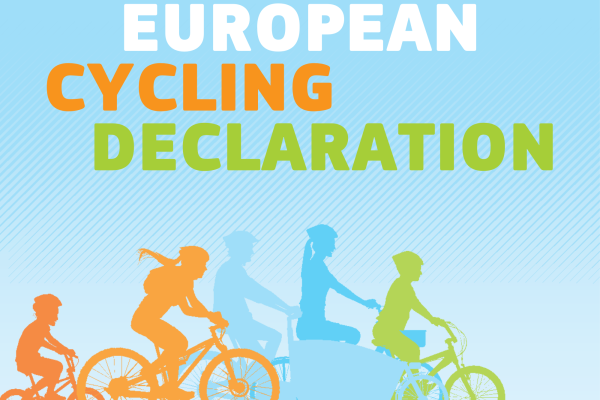The 2019-2024 mandate kicked off with the adoption of the European Green Deal, which aimed to reduce transport emissions by 90% by 2050. The Sustainable and Smart Mobility Strategy followed, providing a roadmap for achieving these ambitious emission reductions and to prepare the sector for a smarter, more resilient future. By April 2024, over 90% of the 82 initiatives outlined in the Sustainable and Smart Mobility Strategy had been already addressed at different stages and for some completed.
Key Initiatives
Among the most notable initiatives were those within the Fit for 55 package. This included the RefuelEU Aviation and FuelEU Maritime Regulations, aimed at stepping up the supply and demand of sustainable aviation and maritime fuels, as well as setting targets for their uptake. The Alternative Fuels Infrastructure Regulation mandated targets for the installation of recharging and refuelling points across Europe to promote the supply and use of alternative fuels.

The Renewable and Low-Carbon Fuels Value Chain industry alliance was launched to bolster the supply of alternative fuels for the transport sector, focusing primarily on aviation and maritime transport, whose decarbonisation efforts will be highly dependent on the availability of greener energy sources.

The Efficient and Green Mobility package introduced proposals to modernise the trans-European transport network. This included requirements for high-speed rail tracks, trans-shipment terminals, and sustainable urban planning. The package also addressed long-distance and cross-border passenger rail, updated rules on intelligent transport services, and proposed a new framework for urban mobility.

To promote more sustainable freight transport, Commission proposals targeted rail infrastructure management, incentivising low-emission lorries, and enhancing intermodal freight competitiveness. The Commission also proposed making available more information on freight transport emissions to facilitate sustainable decision-making.

The Commission launched an EU Mission to create 100 climate-neutral and smart cities by 2030. A Declaration on Cycling was also adopted, underscoring the Commission’s commitment to sustainable urban transport. Lastly, there is the European Mobility Week, which is the European Commission's flagship awareness-raising campaign on sustainable urban mobility. This event runs every year, and towns and cities can choose to host a car-free day, and activities to promote new infrastructure and raise awareness of sustainable mobility options. Last year, a record-breaking 3,351 towns and cities from 45 countries registered.

Other highlights

In 2023, the European Commission announced it will support 10 pilot projects to establish new rail services or improve existing ones. Together, they will improve cross-border rail connections across the EU, making them faster, more frequent and more affordable.

In 2023, the Commission adopted the European Cycling Declaration and proposed a list of principles to boost cycling across Europe.
See also
New proposal on combining transport modes for more sustainable freight
10 pilot projects to boost cross-border rail
New road charging rules create incentives for more efficient and sustainable road transport
EU invests €6.2 billion in sustainable, safe and efficient transport infrastructure (June 2023)
EU invests €5.4 billion in sustainable, safe, and efficient transport infrastructure (June 2022)
Launch of revamped European Alternative Fuels Observatory (EAFO3.0)
€352 million in EU funding for alternative fuels infrastructure projects (September 2023)
€189 million in EU funding for alternative fuels infrastructure projects (March 2023)
New rules for the delivery of waste from ships to EU ports
NAIADES III action plan: boosting the role of inland waterway transport in mobility and logistics

